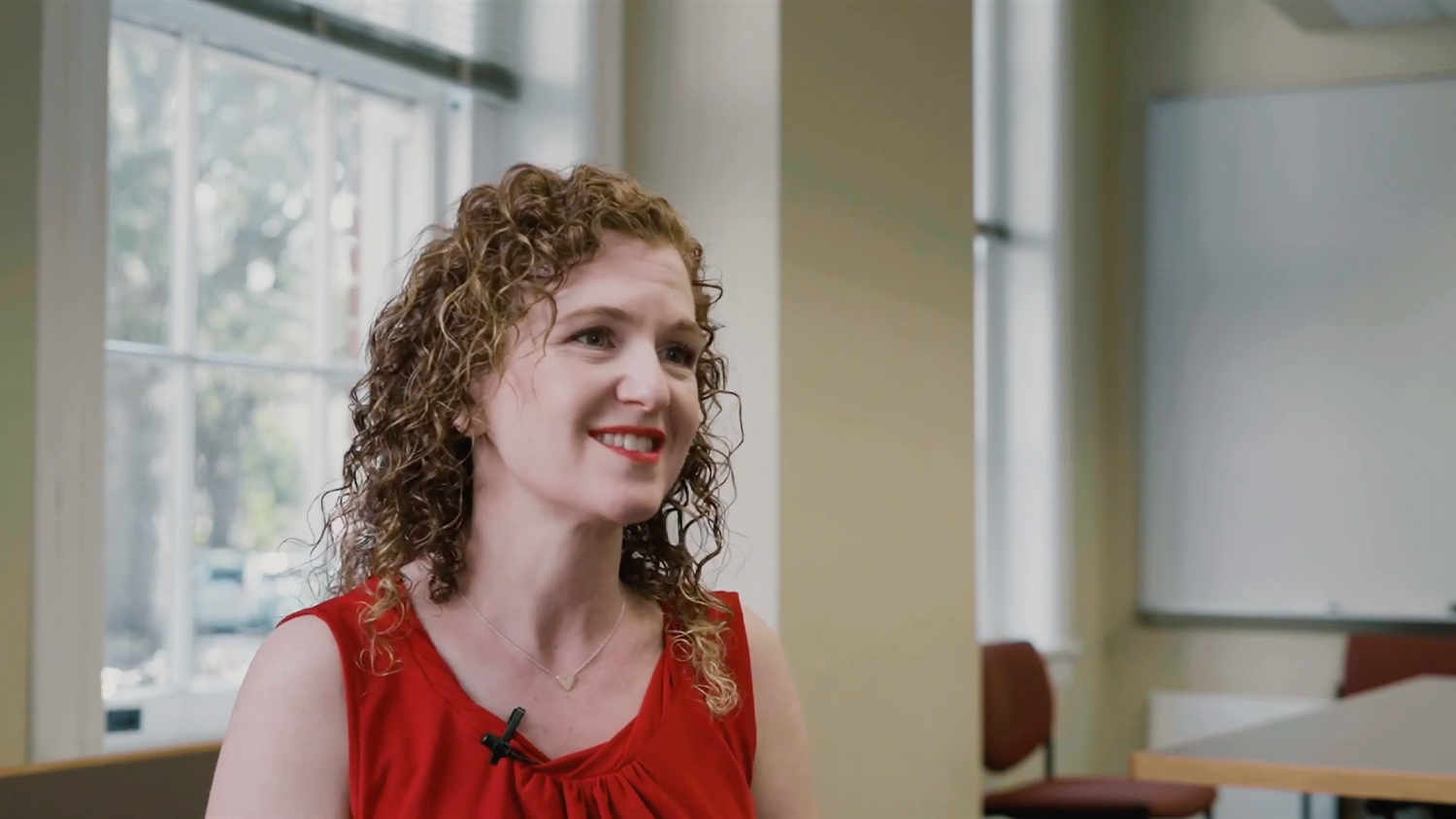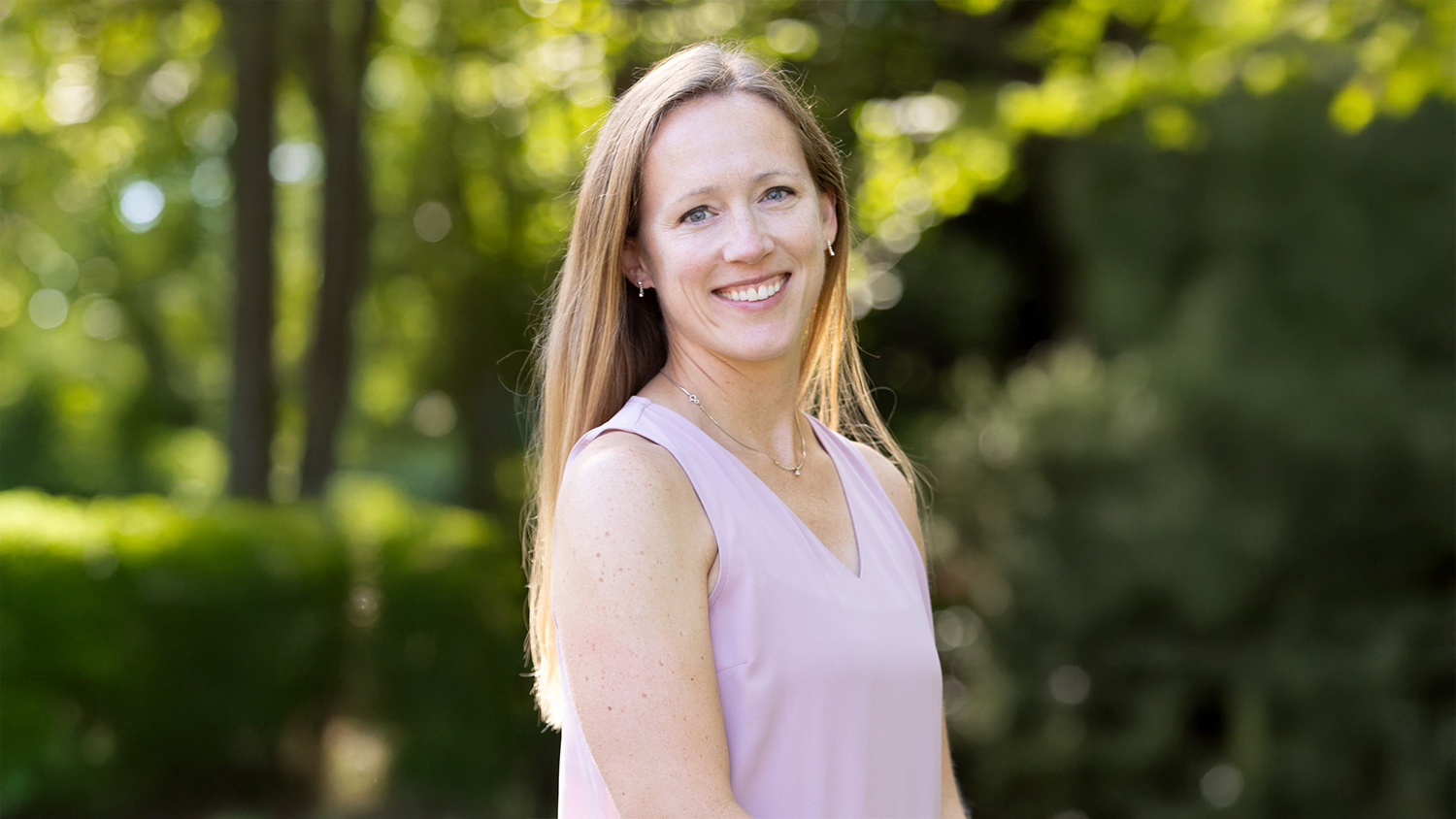Applying Critical and Creative Thinking Skills in College and Everyday Life
Sue Carson, former director of TH!NK and professor of plant and microbial biology, discusses the importance of critical and creative thinking skills in college and everyday life.

By Alison Krowiak, DASA Assessment
This article is part of a series on NC State’s Pack Proficiencies, which include the five skills NC State faculty think all NC State undergraduates should develop before they graduate: written communication, oral communication, quantitative literacy, critical thinking, and creative thinking.
At NC State, critical and creative thinking are a key part of how we Think and Do the Extraordinary. Critical thinking is the active, persistent and careful consideration of a belief or form of knowledge. Every time students use evidence to form judgements, analyze the ideas or conditions that support conclusions, and evaluate their own thinking, they engage their critical thinking skills.
Creative thinking is just as important and involves the generation of new ideas within or across disciplines. It can draw upon or break the rules in an effort to bring together existing ideas into a new configuration. The ability to think of creative solutions is utilized in every major program at NC State and in every field our students enter upon graduation.
Like all the Pack Proficiencies, these essential skills are taught in General Education classes and reinforced throughout each major program. Sue Carson, professor of plant and microbial biology and former director of the TH!NK program, describes the value for every NC State student in developing their critical and creative thinking competencies. Interview excerpts are edited for brevity and clarity.
How are critical and creative thinking competencies defined?
When I think about critical and creative thinking, I think of them as very intertwined. It often starts with raising a new question or formulating a new problem, gathering and assessing information, coming up with multiple alternative ideas for how to approach the question or how to approach the problem. It involves considering alternatives of the problem, reaching conclusions and effectively communicating about them. Other important aspects of critical and creative thinking include intellectual risk-taking and self-reflection along each stage of the process.
Why should NC States develop proficiencies in critical and creative thinking?
In all of our disciplines, and in all of our careers, to be a leader you need to be a creative thinker. You have to be able to identify problems and questions, and be able to figure out solutions. Even in our everyday lives, critical and creative thinking is so important. Questions like, “Who are you going to vote for in the next election? What daycare are you going to choose for your children? What phone are you going to buy?” all require those skills.
How can students develop their critical and creative thinking skills?
I think that most people understand that critical thinking is a skill that can be developed through practice and feedback. But there’s a misconception that creativity is something that’s innate, and that’s just not true. Creativity is a cognitive process that you can develop through practice and feedback. Creativity is also not confined to the arts. Fields in science, engineering, social sciences, and more need to be creative. We all need to be creative in our lives every day, and it is a skill that we can develop.
How can students develop their critical thinking skills inside and outside the classroom?
When students are selecting their classes, they can choose courses that are more geared toward project-based work. I think that is a good way for students to get feedback on their critical and creative thinking. There are a lot of opportunities outside the class as well. Engaging in undergraduate research is one way. Another way would be service learning projects that allow students to make decisions and have ownership of that project. If the student is able to have ownership and make decisions and identify the questions and problems, it can help develop critical and creative thinking. There is a whole range of opportunities that allow you to do that at NC State.
To learn more about the Pack Proficiencies and how they are assessed, visit go.ncsu.edu/PackProficiencies.
- Categories:


